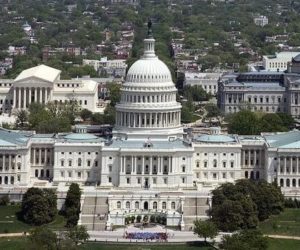A couple of days ago, an American commenter asked me why I kept on referring to “liberals” as “progressives”. I explained that what is called “liberalism” in America these days is, in many ways, the opposite of what is called “liberalism” in Europe. In short, the term “liberalism” kept its meaning here, while it changed in America. Because I am a proud European liberal, I do not like to call American progressives ‘liberals’: I believe that the term liberal has been raped in the U.S. and continues to be raped every single day.
Today, while reading Essays on Hayek – edited by Fritz Machlup, with a foreword by Milton Friedman and contributions from William F. Buckley Jr., Gottfried Dietze, Ronald Max Hartwell, Shirley Robin Letwin, Fritz Machlup, George C. Roche III and Arthur Shenfield – I stumbled upon the following (Essays on Hayek, forework, Milton Friedman, p. XIV*):
Words have a habit of changing their meaning, especially if those who adopt them are not careful students of the literature or avid users of dictionaries. Thus it happened that, particularly in the United States, the word “liberalism” has been gradually appropriated by champions of collectivism who reject liberalism in its classical sense. (See my essay on “Liberalism and the Choice of Freedoms,” in Erich Streissler, et al., eds., Roads to Freedom, pp. 117-146.)
Old liberals may go on calling themselves by this designation – which is rightfully theirs – but they do so at the risk of being confused with American liberals. To avoid such confusion, they may resort either to explanatory footnotes or to adopting a new appellation for themselves, such as “libertarians.” The most essential difference is that the classical liberal wants the individual to be free from coercive interferences, especially from interventions by the state, whereas the American liberal wants the state to intervene in all sorts of situations and restrict the individual’s freedom of action in a variety of ways for a variety of objectives.
Good. I will continue to call myself a “liberal in the European sense of the word.” American “liberals” are in many ways my ideological opponents.
*Correction: the quoted passage is not from Friedman’s foreword, but from Fritz Machlup’s “Notes from the Editor”.
















